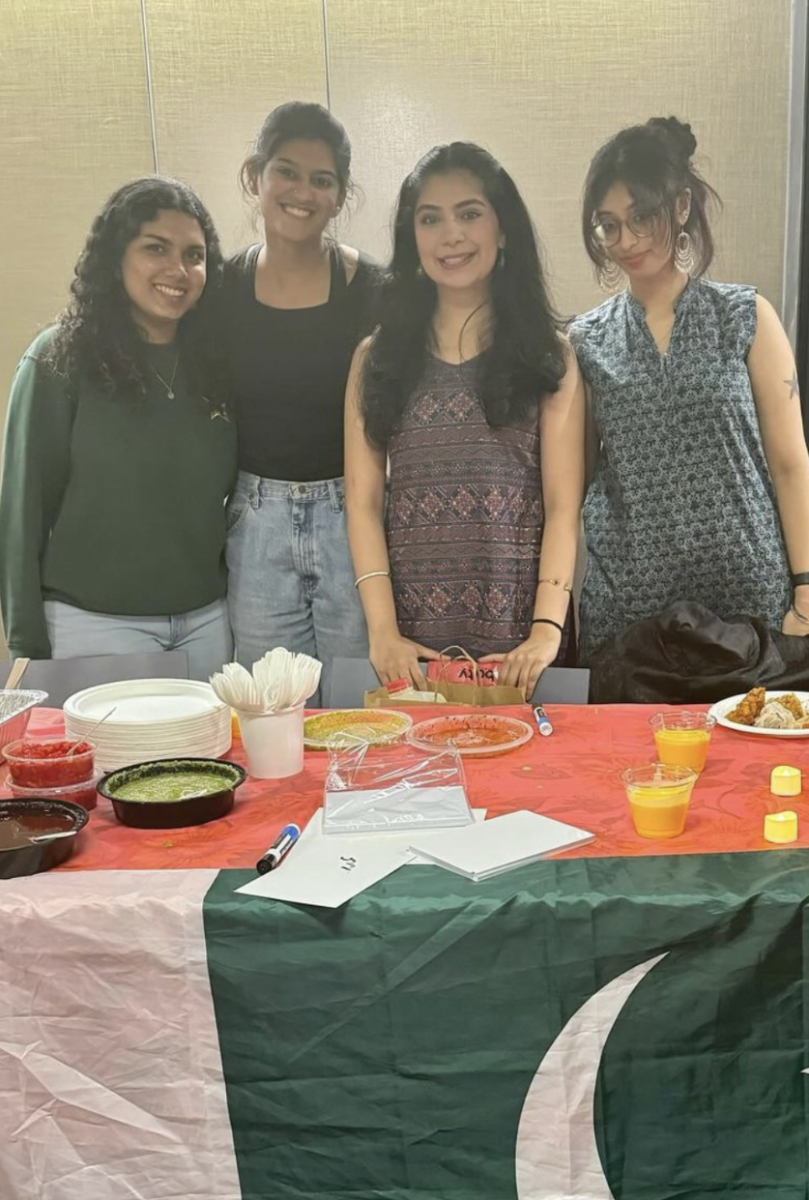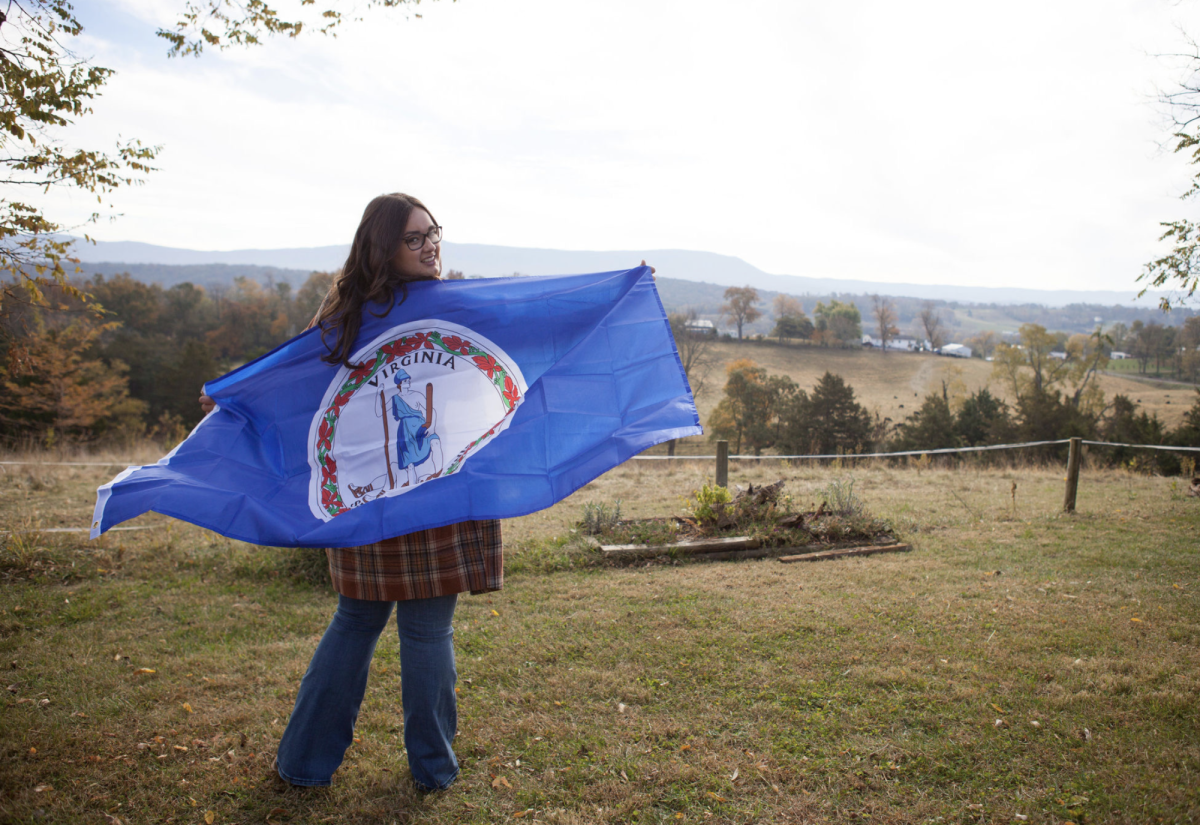Diana Tosca ’18 was making a scrapbook for her high school’s math competition at her math teacher’s house and staring down at her phone, waiting for the notification to pop up on the mail icon. Her legs were quivering, her heart was racing and her hands were shaking.
Twenty minutes later, it appeared: “Wellesley College Admission Notification.” She couldn’t click the link attached to the email fast enough.
Her heart stopped and her hands were still. One phrase popped out before her nervous, anxious, excited eyes: “Congratulations! The Board of Admission has voted to admit you to the Wellesley College Class of 2018.”
Tosca is one of the thousands of students across the country who applied to colleges through QuestBridge, a nonprofit program that links high-achieving low-income students with educational and scholarship opportunities at elite U.S. colleges, such as Wellesley.
“In my high school’s math club, there was a kid who I thought was a genius and he got matched to Yale. He gave a presentation early senior year telling us how great QuestBridge was, and he talked to me personally about how awesome the College Match process was, so I decided to apply for it,” Tosca said.
According to QuestBridge’s website, the program started in 1987 as the Stanford Medical Youth Science Program by Dr. Michael McCullough.
After McCullough discovered that the Internet could be used as a tool to recruit promising low-income students, the program evolved into what is known today as QuestBridge in 2004.
Amherst College, Rice University, Grinnell College, Wheaton College and Trinity College joined as the first QuestBridge partner schools. Today, there are 35 U.S. universities and liberal arts colleges in partnership with QuestBridge, and thousands of low-income students have been admitted and offered full ride scholarships to these partner schools.
For some low-income students, QuestBridge has become a gateway that allows them to learn about some of the top colleges in the U.S. and enable them to apply for them.
Budnampet Ramanudom ’18 said that she immediately considered applying to Wellesley because she wanted to go to a women’s college that would have small class sizes in comparison to those at the University of California.
“In high school, the girls in class were timid to speak out, be themselves or be unapologetically intelligent. In a society where sexism is usually covert, going to a women’s college is a critical step in defeating internal and external sexist stereotypes. The host of the meet-ups around my area said that being at Wellesley prepared her for graduate school at Harvard. I was sold,” Ramanudom said.
Tosca said QuestBridge also helped her learn more about Wellesley and to realize that it was her dream school.
“I was really attracted to the alumnae network, resources, and the location. I had a interview with the president of the alumnae network in Miami. She talked about the stepsinging and traditions Wellesley has and the close friendships she developed. I went out of the interview falling in love with Wellesley even more,” Tosca said.
According to the the profiles of QuestBridge finalists, most scholars received A’s in the most challenging courses at their high school, ranked in the top five to 10 percent of their graduating class and either had a combined SAT critical reading and math score above 1250 or an ACT composite score above 27. In addition to stellar academic achievement and evidence of intellectual spark, QuestBridge applicants are evaluated on extracurricular achievements, their family’s annual income, their parents’ level of education and any extenuating circumstances.
“Because I was matched to Wellesley through QuestBridge, all of my expenses including room, board, tuition and most of the medical insurance are covered. The only thing I have to supply is my own money for books and personal expenses,” said Ramanudom.
The finalists of the scholarships, which the colleges pay for, go through a long college-matching and application process and the student must submit all applications by the Nov. 1 early admission deadline for those colleges. They attend their first choice of those among the 35 participating colleges that admit them.
“QuestBridge takes the role of a liaison, linking students to colleges they would otherwise not have considered applying to or heard of, schools at which they could essentially attend at no cost,” Carla Perez ’18 said.
In addition to having the opportunity of being granted a full ride to college, QuestBridge finalists who were selected as National College Match Finalists and matriculated into QuestBridge partner colleges are invited to join the Quest Scholars Network, a group that helps them gain academic, leadership and social service opportunities in their college.
Christiana Joseph ’16 is the 2014-2015 Quest Liaison for the Wellesley Quest Scholars chapter of the Quest Scholars Network. She said that the goal of the group is to provide personal growth opportunities for their members by creating a supportive and welcoming community. The chapter hosts workshops and lectures throughout the year geared towards helping students succeed academically and financially at Wellesley.
“So far, the biggest benefit of being a Quest Scholar has been the opportunity to meet other Quest Scholars at Wellesley. We had dinner in small mentor groups, and I was able to meet students who are also low income and can relate to my struggles,” Tosca said.
As QuestBridge continues to expand, it still remains small relative to the growing population of college-bound, low-income teenagers. Tosca said that she hopes the complexity of the financial aid process will not scare away students from applying to their dream colleges.
Students who identify as first generation college students, high achieving students, or low-income scholars are also welcome to join this network.
“I strongly believe in the power of a strong education and we are dedicated to ensuring that our members have access to the information necessary to succeed academically, financially, mentally and socially. Knowledge is power that no one can take away from you and is a gift we are obigated to share with our communities,” Joseph said.



